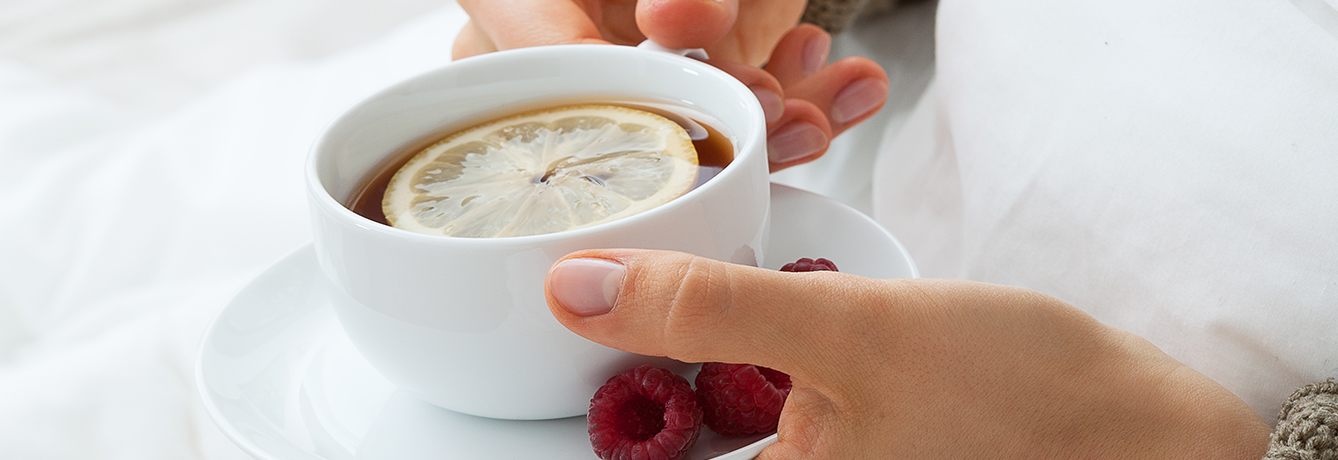While we’re past the peak of cold season (February) we’re still in the thick of the period of higher sickness rates which begin in October and stretches through May. Moreover, no one can deny that the current cold season has been one of the nastiest. Not only has the predominant bug been one of the most virulent, this latest season started earlier than usual, giving it more time to increase its infective scope. It’s time to start thinking about what lifestyle changes you can make to improve your immunity in the coming year. Chief allies in the battle lines against infection: fitness and fruit.
David Nieman, PhD – one of the superstars of the North Carolina Research Campus, home to Dole’s Nutrition Research Laboratory – looked at the dietary and lifestyle habits of 1,002 people (age 18 to 85, of both genders) during a twelve week period during the cold season while monitoring symptoms of Upper Respiratory Tract Infection.
The major finding: 43% fewer days of symptoms (4.4 vs. 8.2 days) among fit individuals (i.e., 5 days or more of activity) plus 32% less severity of symptoms. Another finding was 27% fewer days of sickness (4.7 vs. 6.5 days) among those who ate more than 3 servings of fruit per day. Taking all factors into account, the most vulnerable lifestyle typology was young, unfit, highly educated, divorced female who doesn’t eat any fruit at all. If some of that sounds like you, jump on factors within your immediate control by finding more time to exercise and prioritizing fruit! Bananas, pineapple, kiwis, papaya, mango – tropical fruit in general tends to supply good quantities of immune-supporting vitamin C.
What else can you do to arm yourself against illness?
- Get zinc – not from supplements – but from healthy sources like crab, oysters, turkey, beans, and oats.
- Take time for tea: Harvard researchers found tea drinkers enjoyed significantly higher anti-viral interferon in their bloodstream.
- Go Brazilian: One Brazil nut supplies 160% of the RDA for selenium which supports synthesis of proteins that suppress flu viruses.
Learn more by watching our interview with study author, Dr. David Nieman.
Published March 1, 2013



